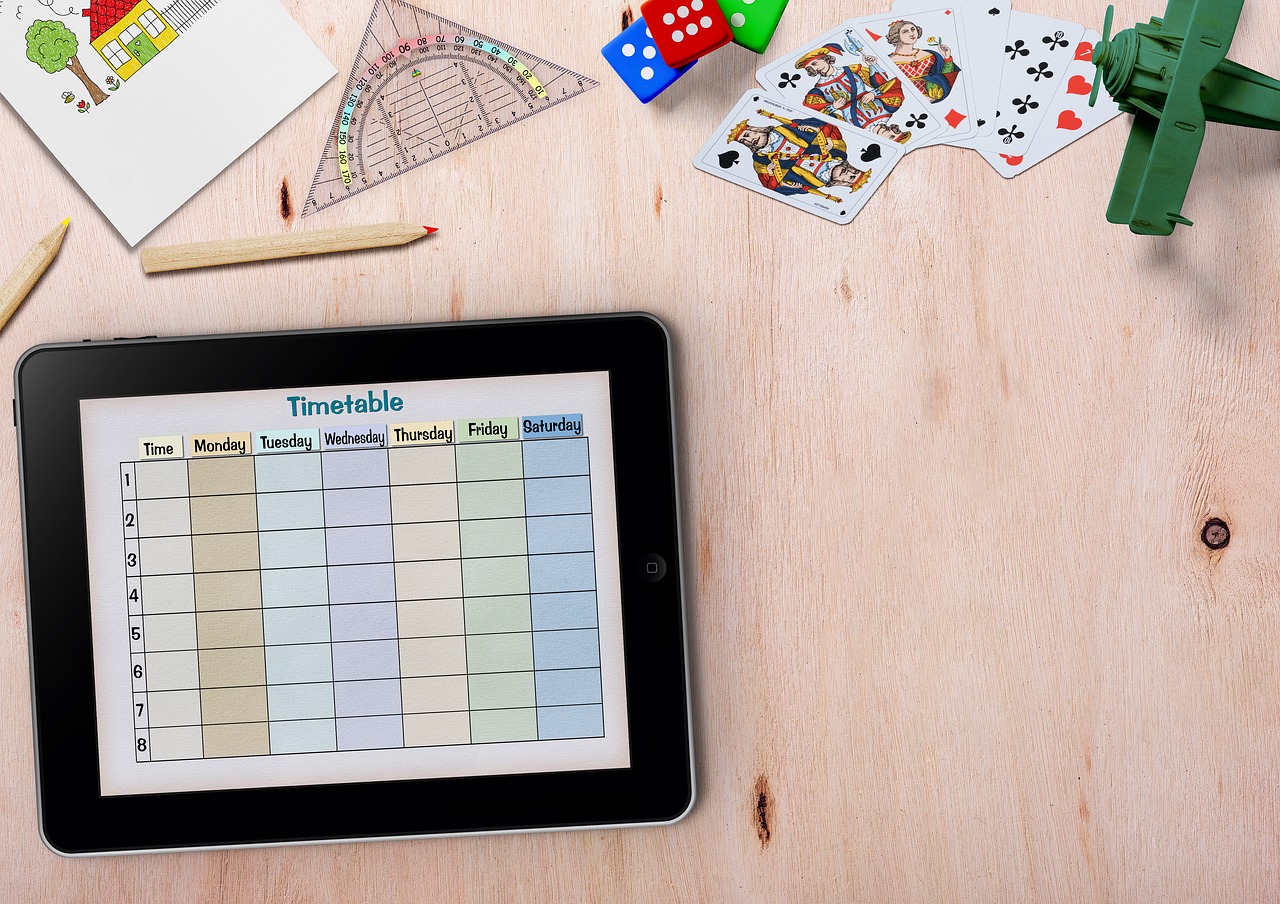Educational activities to try with your child

For children, learning from home can be made fun by varying the activities and making learning engaging. There are plenty of educational activities to try with your child.
There are endless topics and trivia you can teach your child, from spellings to capital cities of the world.
When teaching different topics, why not try creating games or activities to make learning fun.
Here are some educational activities to try with your child:
Phonic games
- Phonics is used to teach the English language through reading and writing. They are concerned with sound patterns, for example looking at letters and sounding them out.
- You can make up phonic games, like going through the alphabet and thinking of a different animal for each letter.
- For example, A can be Antelope, B for Bear, C for Caterpillar, and so on…
Science experiments
Science can be made interactive and fun by creating your own
experiments at home.
There are plenty of experiment ideas:
Making quicksand
- Mixing together cornstarch and water create a suspension making it both a solid and a liquid. This allows the substance to flow freely.
- It teaches children how a mixture of two substances can be both a solid and a liquid.
Make a volcano
- A volcano science experiment is easy to make. Mixing white vinegar, washing up liquid, water, baking powder and food colouring will cause an eruption just like a volcano.
- You can also have fun making a volcano model out of paper mache.
Pepper and washing up liquid experiment
- Fill a container with water and add a generous amount of pepper to the water. Dip a finger in washing up liquid and gently touch the surface of the water. Watch the pepper immediately dart away from the washing up liquid.
- This experiment teaches about surface tension. The washing up liquid breaks the surface tension of the water, causing the pepper to scatter away from it.
Maths games
There are plenty of games that can teach maths and make it
enjoyable.
You can play catch with your child and shout a multiplication.
- For example, 3 x 7. Throw the ball and when your child catches the ball they must answer the equation.
- This will also teach your child to be fast with answering.
You can make multiplication bingo cards.
- Choose a times table, for example the 6 times table. Write down the 12 multiples of 6 on cards. Each player must write down 5 numbers in the 6 times table.
- Then choose a card at random. The players must work out the times table and cross off the multiple of 6 is they have it.
- The winner will have all 5 numbers crossed off first.
